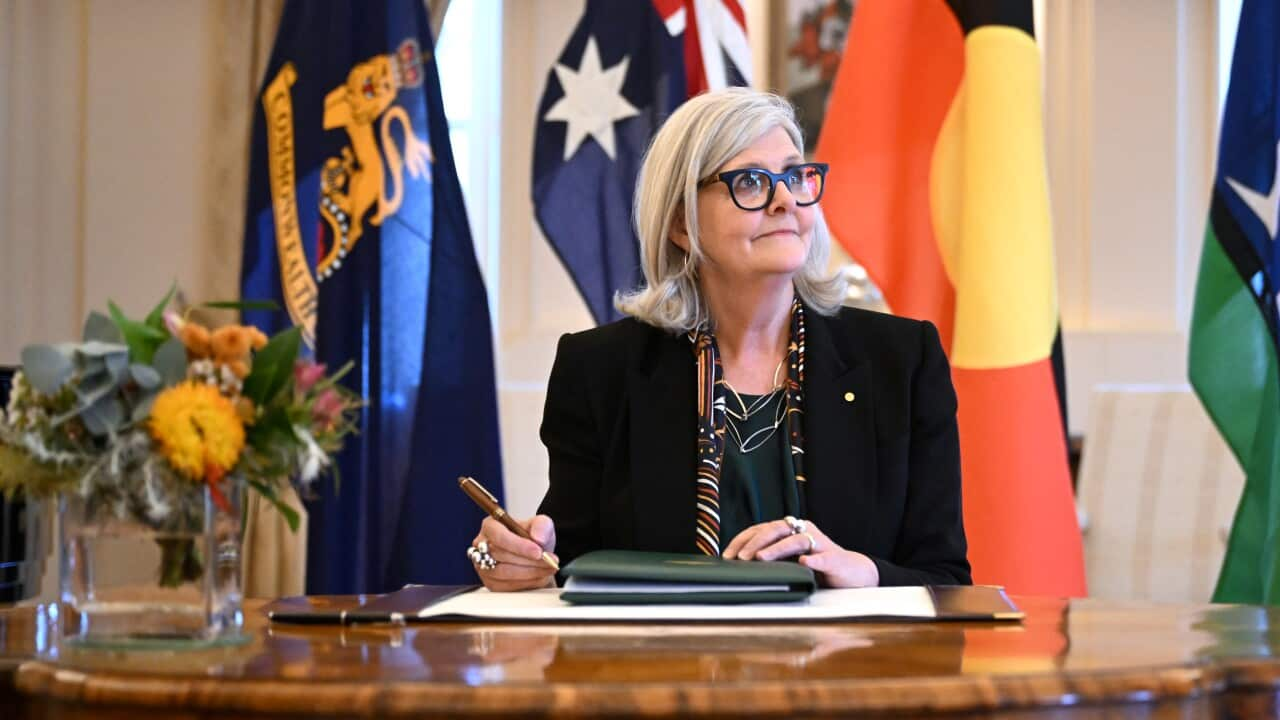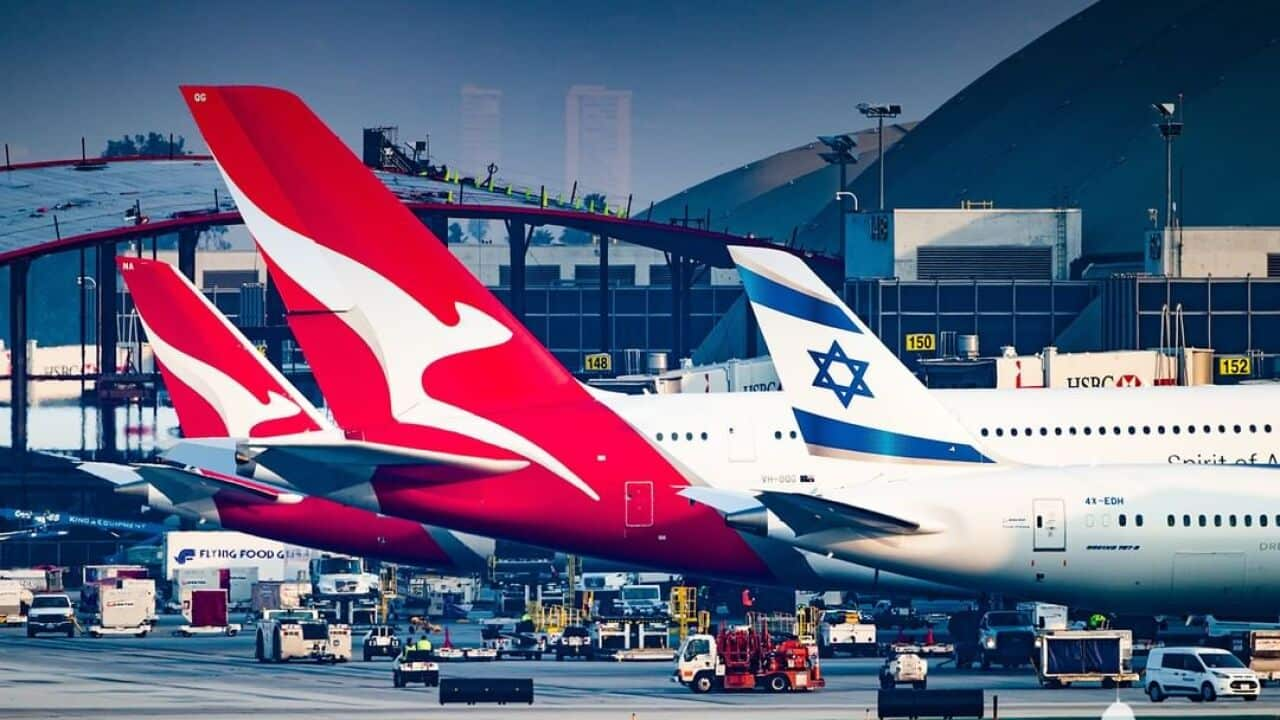Finding a GP in Australia, especially if you live in a big city, is quite easy. A simple Internet search will come up with several doctors in your area.
But picking the right GP for you will necessitate a little bit more work.
Ask your network
The first thing you should do is asking your network (neighbours, friends and family) about their recommendations. They’ll be able to share some insider info with you, things you would never pick up from a brochure.
Friends with the same background as you can also tell you if a practice has a GP who speaks your language and understand your culture.

If you don’t speak English
You might be able to find a GP who speaks your language, but if you can't, look for one who treats other people from the same background as you so they're already knowledgeable about your culture.
If you need an interpreter, the (Phone number: 131 450) will provide one for free, either on the phone or in person. Double check with the practice how it will work; some might only book appointments with an interpreter at certain times.
What else to look for
Look for a practice that’s easily accessible, with opening hours that fit your schedule.
“You don't want your trip to the doctor to be a problem. You don't want to have barriers in front of you," says Dr. Tony Bartone, the vice president.
You should check if the practice bulk-bill or if you’ll have to pay a gap fee. If there is a gap, ask how much you’ll have to pay.
If you're budget-conscious, a bulk-bill clinic might be the best option. But paying a fee may sometimes be worth it if it means you'll get the perfect GP close to home.
Have a look at the practice's website before your visit to learn as much as possible. If you have any unanswered questions, call the practice.
Some things you might want to ask:
- Do you treat children?
- Do you do home visits?
- How easy is it to get an appointment?
- What if it's an emergency?
- How do you follow up results?
- What's your billing policy?
- Do you have any doctors with areas of expertise that might benefit me?
Check if the practice is accredited by agencies like the or , which means that the practice reaches a certain quality standard.

Make an appointment
Once you have a practice or GP in mind, make an appointment for a regular check-up to see how it goes. Don't wait to be seriously sick to find out if it's the right practice for you.
"Patients should be looking for honest and open communication from their practitioner," says Dr. Sama Balasubramanian, a practising GP trainee doing a specialised term in Refugee Health in Western Sydney.
"They should have somebody that's actively listening to them and feel like their concerns are being heard."
If you don't feel comfortable, listened to, or if you feel like the GP is just not the right fit for you, it’s okay to move on.
“It's not abnormal to actually have a general practitioner for a few months and then move on, especially in the early stage of the migration [transition]," explains Dr. Balasubramanian.
"It's very difficult to find someone you click with straight away."
But when you do find that GP with whom you click with, staying with them will be what’s best for your health.
“When you make that relationship, try and keep the same doctor," says Dr. Bartone. "It's very important."
"Develop a lifelong relationship and that relationship will deliver [for] you in spades later on."





